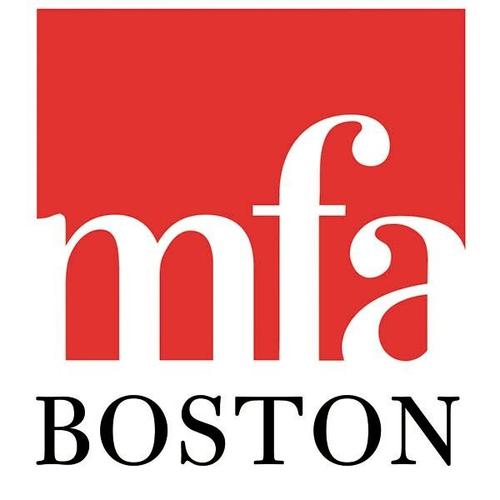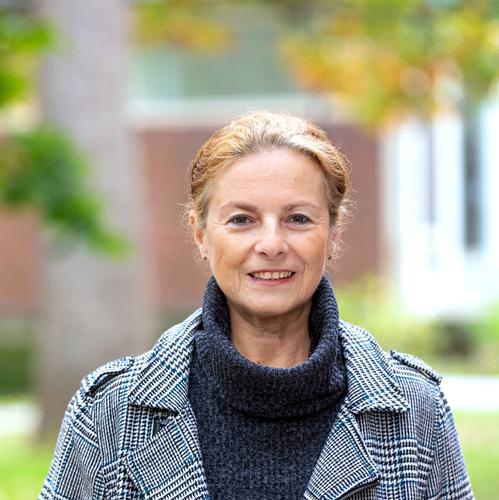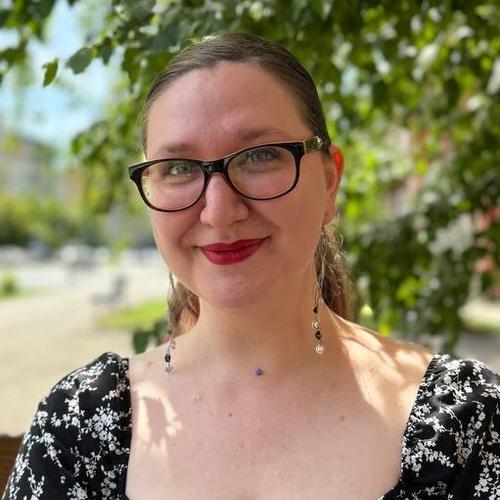Russian
Academic Department Introduction
Wellesley’s Russian Department was founded in the 1940s by famed author and critic Vladimir Nabokov. We teach Russian in the broader context of Russian society, culture, visual art, and music. Our innovative language courses make use of movies, music, and history. Numerous activities both inside and outside the classroom are designed to enrich students’ appreciation of the achievements and fascinating traditions of Russian civilization.
Learning goals
- Converse fluently in Russian.
- Comprehend important primary and secondary texts from the Russian literary tradition.
- Discover and delineate the major themes of Russian literature and culture from the 19th, 20th, and 21st centuries.
Programs of Study
Russian major
Students express an understanding of Russian culture clearly and persuasively.
Course highlights
Elementary Russian I
RUSS101
Introduction to Russian grammar through oral, written, and reading exercises; special emphasis on oral expression. Three periods.
-
Vladimir Nabokov (in English)
RUSS286
An examination of the artistic legacy of the great novelist, critic, lepidopterist, and founder of Wellesley College's Russian Department. Nabokov became one of the greatest novelists in both Russian and English literature. Students will read Lolita, Pnin, and Pale Fire, which were written in English, and Nabokov's English translations of two of his best Russian novels: The Defense and Invitation to a Beheading. The class will also discuss his utterly unique autobiography, Speak, Memory. -
Vladimir Nabokov's Short Stories
RUSS386H
In this course students will enter the world of Nabokov's short fiction and learn to recognize his innovative literary style, obsessive themes, and artistic strategies. Students will increase their passive and active vocabulary and improve their speaking, writing and reading fluency in Russian. Students will translate excerpts from each work discussed. Each student will write a short essay on a story of their choosing and present it to the class. Class meets once weekly for 75 minutes. All work will be in Russian.
Places and spaces
Study abroad
We support Russian-language study abroad programs in Kazakhstan, Kyrgyzstan, Armenia, Latvia, and Georgia.
Russian lounge
Our cozy lounge fosters community among Russian faculty and students. Faculty meet informally here with students, as well as hold cultural events and share Russian meals.
Research highlights
-

Senior Lecturer Alla Epsteyn and co-author Maia Solovieva wrote a chapter, “Extracurricular Activities in Russian Language and Culture Programs: Challenges and Perspectives,” in The Art of Teaching Russian (2020), an edited volume on Russian language instruction combining the latest research, pedagogy, and practice.
-

Beware of House Slippers (2019) is a film written, acted, and produced by students in RUSS 306: Advanced Russian II. Set on the Wellesley campus, it imitates the stylistic and plot devices of the film Beware of the Car!, a 1966 comedy by Eldar Ryazanov.
-

Shea McCarthy ’23 conducted an independent study of Natalia Rakhmanova’s 1976 Russian translation of J.R.R. Tolkien’s The Hobbit, paying particular attention to the translator’s methods for rendering the novel’s songs and riddles.
Opportunities
-
Internships
During the summer, in collaboration with American Councils, we offer two Russian-language internships in Tbilisi, Georgia. We also offer one virtual internship with the American Association of Teachers of Slavic and East European Languages.
Beyond Wellesley
Beyond Wellesley
Russian, the eighth most commonly spoken language in the world, and considered a critical language by the U.S. State Department, can get you a job. American emissaries with a nuanced knowledge of the Russian language and cultural norms are urgently needed.
Recent Employers






Alum highlights
-
E. B. Bartels ’10

E. B. Bartels ’10
While I no longer speak Russian daily, majoring in it taught me to think more deeply about grammar and word choice in my post-Wellesley pursuits: teaching English, pursuing an M.F.A. in nonfiction writing, and writing “Good Grief: On Loving Pets, Here and Hereafter” (HarperCollins, 2022). I am now senior editorial writer for the College’s communications and public affairs department.
-
Amy Taswell ’76
Amy Taswell ’76
I designed my own major (Russian studies) because it seemed easier than a pre-med subject major. I never imagined it would lead to a career as a social worker/case manager with refuseniks, refugees, and immigrants. After graduation, I was hired because I knew Russian at a time when there were virtually no American-born Russian speakers.
For more
Explore the Russian Department
Learn about our rich history, including our founding by Vladimir Nabokov. Access more detail on our study abroad, scholarship, and internship programs, as well as a video archive and additional resources.
106 Central Street
Wellesley, MA 02481









